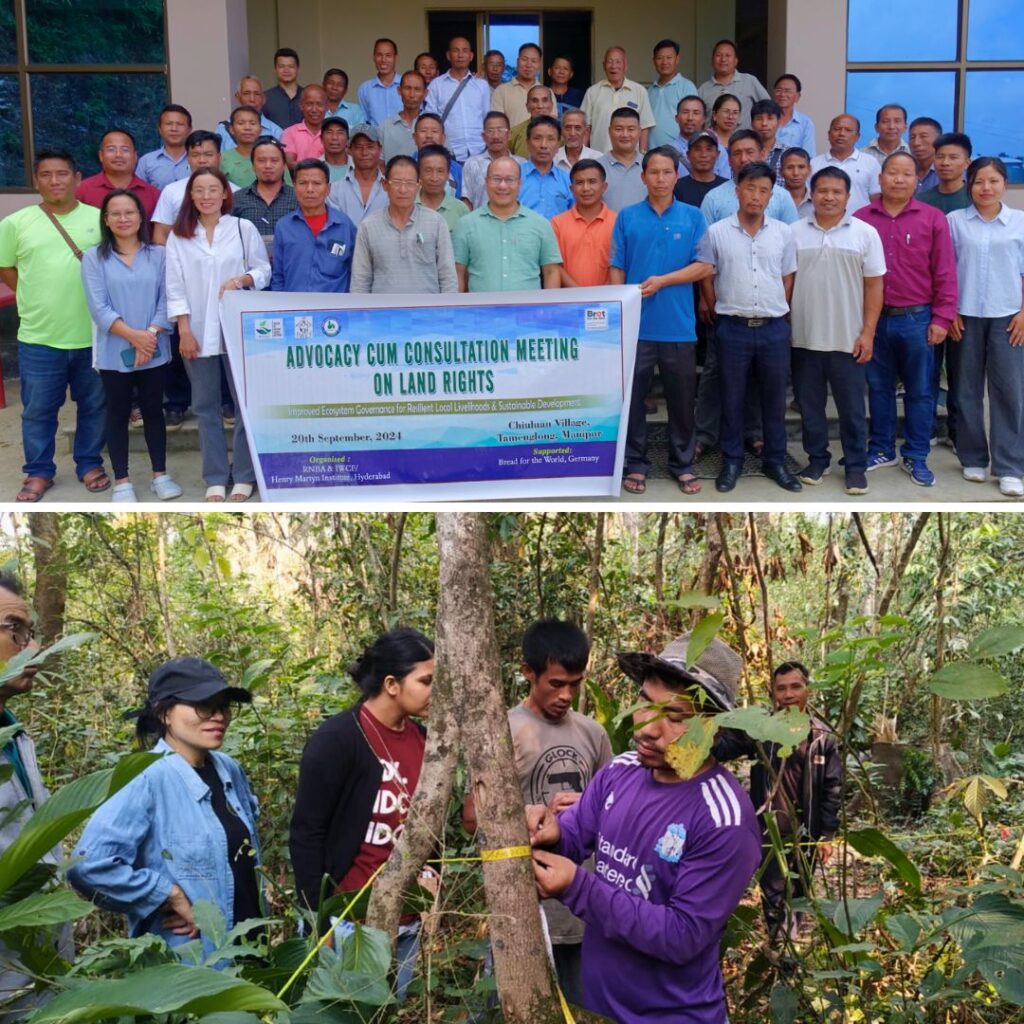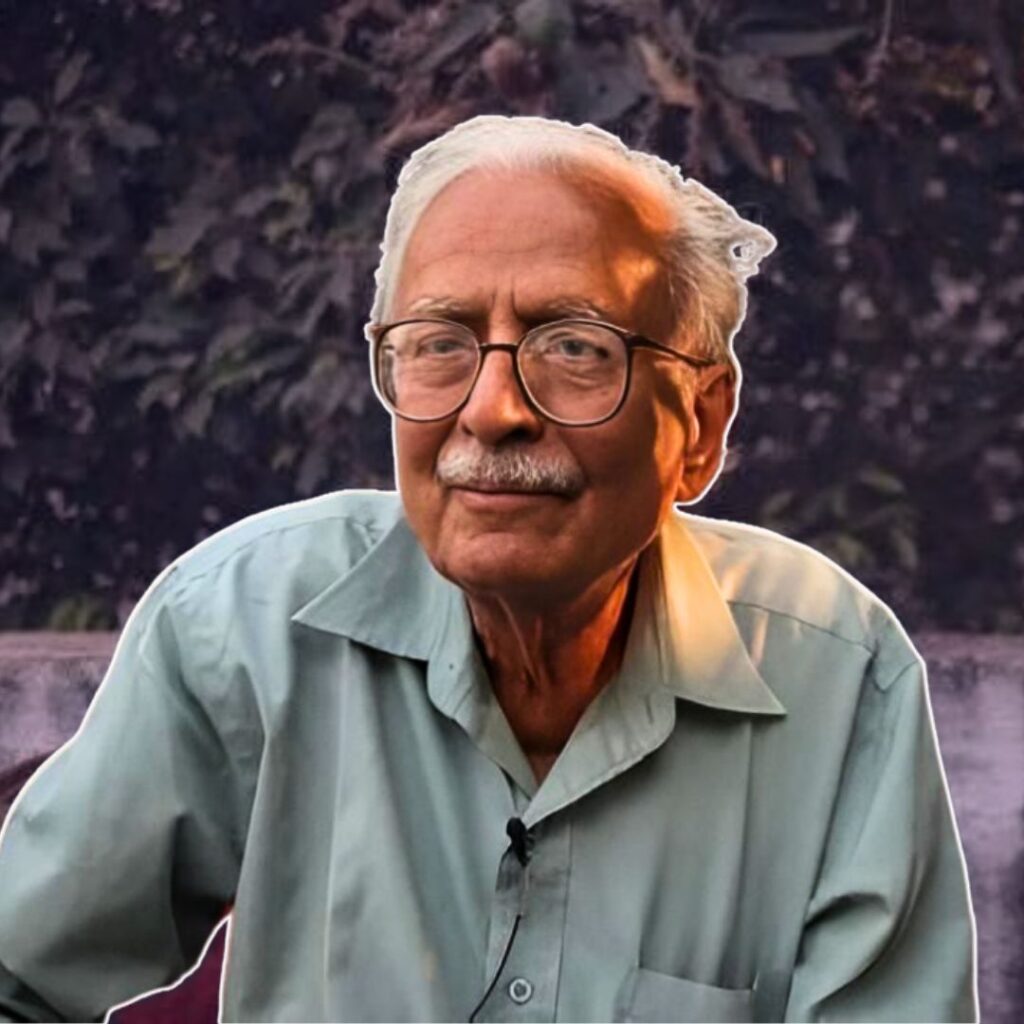“Have you ever had trouble reading names of medicines? Have you ever faced the trouble of not being able to read a text message sent by your father, brother or husband? I had problems pursuing my studies because my father had drinking problems. But I don’t want my daughters to go through the same,” said Geeta didi, mother of three daughters, her eyes gleaming with an inexplicable ire of misfortune. On the other side, Mangilal ji, who has never been to school himself has gone back to drawing, first one he has drawn in thirty years for the sake of his daughter. He has pledged to do whatever it takes to keep his daughter away from the struggles of his life as long as possible.
Shobha Didi is speech and hearing impaired, yet she hasn’t given up her dreams and aspirations for her child. She wants to raise him to be a pilot. Beena Didi’s story is that of a migrant trying to survive in the harsh life of a ‘big city’. She sold off her ancestral house in Eastern UP to shift to Delhi for her two daughter’s education. Frequent shifting of accommodation has adversely affected the studies of the children. She had come to the city with big dreams which has been replaced by a question which haunts her every day. “Should I forgo my daughters’ education and go back to our village?” she says.
The birth of Meraki
The fight to fulfil aspirations and making the world a better place to live in is what unites Geeta didi, Mangilal ji and many other parents together. Most of these parents belong to an underprivileged background and their children are the first generation learners. They have migrated to urban areas and they want to provide education to their kids which they did not have access to. This is the area of intervention which Meraki, an organisation started by Seemant Dadwal and Ghazal Gulati, IIM Bangalore and Harvard graduate respectively, are looking at.
This is the area of intervention which Meraki, an organisation started by Seemant Dadwal and Ghazal Gulati, IIM Bangalore and Harvard graduate respectively, are looking at.
When The Logical Indian spoke to Seemant, he said, “Meraki essentially is a story about parents who haven’t been to schools themselves. They are fighting to put their children on a different life path by providing them quality education.”
Ghazal and Seemant re-connected their experience while teaching underprivileged kids at Teach For India and realised students across India were not learning. Their parents were still not getting the support they deserved. The founders believed that parents are pivotal to the growth and development of the child. The inclusion of parents in this equation is their primary motto. After working extensively on the ground, the founders realised that among the kids that they work with, over 97% of children in the third standard cannot read a simple sentence. In second grade, over 70% of the kids are anaemic.
Mothers at the workshop organised by Meraki
All parents, regardless of where they come from, have sky high dreams and aspirations for their children. However, one of the biggest misconceptions about parenting, especially among low-income parents, is that if you have children you must know how to raise them. There are organisations who are intervening upon the education of the child but hardly anyone focuses on the parents. To ensure a better future for the children, one needs to understand the problems faced by these parents, then equip and empower them. Meraki is empowering these parents who are trying hard to rise above these dire situations by providing them with a better future for their next generation.
Over 140 million children are enrolled in primary education and most of them struggle with basic issues of health and academics. Similarly, there is an equal number of underprivileged and uneducated parents whose children struggle with basic issues of health and academics. These unsettling facts primarily boil down to one reason – these children don’t get the required support they need from their home. A child spends over 16 hours at home. Parents can play a defining role to cater to the child’s education and health outcomes.
Creating empowered parents “How do you improve healthcare and learning outcomes by intervening right at the family levels? Given that first generation learners live in such complex environment, how should we re-envision the role of parents at home?” Seemant asks. Parents need to be made to believe that they can contribute to the holistic development of the kids. There’s a need to build individual capacities of families and communities to cope with academic and healthcare issues of home for the sake of their future and children. Meraki helps parents of first generation learners build the knowledge, skills and mindset to support these dreams. Knowledge of how to attend to academic and healthcare needs of the children and what kind of environment at home is conducive to bring about a positive in the kids. They are…











